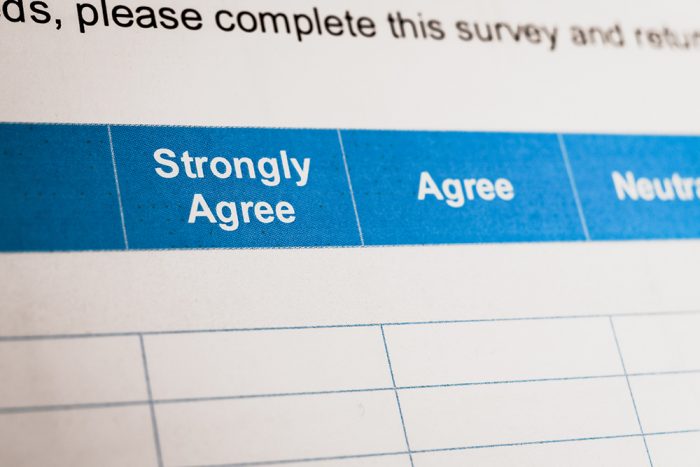Survey
Join ANCOR for a Congressional Briefing on the Direct Support Workforce Crisis
ID/A Compensation Survey Work Group Session — November 2
Arc of Pennsylvania, RCPA, and TPA Partner With Center for Healthcare Solutions for ID/A Compensation Survey
National Council for Mental Wellbeing Telehealth Survey
Expanding telehealth services during the COVID-19 pandemic was crucial to provide quality mental health and substance use treatment services to clients.
Did your organization provide telehealth services? What services will you continue post-pandemic?
We want to hear about your experiences! The survey will take less than 10 minutes to complete and will assist RCPA in our State and Federal Telehealth advocacy efforts.
Please complete the brief survey by 11:59 pm ET on Wednesday, Oct. 26.
The National Council will use these survey findings as part of a larger effort to collect and share data with policymakers, payers, and the field at large to improve access to mental health and substance use treatment services nationwide.
If you have any questions, please contact RCPA Policy Director Jim Sharp.
Only One Day Left to Share How the Direct Support Workforce Crisis is Impacting Your Organization
Complete the 2022 Direct Support Workforce Survey Today!
Community Participation Support Service System Capacity Surveys Update
The purpose of this Office of Developmental Programs (ODP) announcement is to remind providers to complete the ODP Community Participation Support System Capacity Survey and the Authorization Service Survey. See the survey questions below:
Community Participation Support System Capacity Surveys
ODP Announcement 22-089 reports that the Office of Developmental Programs (ODP) has developed two brief surveys for Community Participation Support providers to collect information on current system capacity. The first survey is meant to collect current data from Community Participation Services (CPS) providers on CPS capacity across the ODP service system. The second survey is meant to collect current data on individuals who are authorized to receive CPS across the ODP service system but are not receiving the service.
ODP will send each provider a list of MCIs with less than 5% CPS utilization, if there are any associated with their MPI, to assist with information gathering.
Important note to all CPS Providers: Providers must contact individuals and families, or the assigned SC, when the reason for less than 5% utilization is unknown.
The first survey regarding system capacity will be available Monday, August 8, 2022, and will close Monday, August 22, 2022.
The second survey to collect individual-specific information will be available Monday, August 15, 2022, and will close Thursday, September 15, 2022.
ODP will release these surveys no more than once per quarter.
Attachment 1 — ODP CPS Survey 1: Service System Capacity Questions
Attachment 2 — ODP CPS Survey 2: Authorized Services Questions
Any questions regarding the surveys should be directed to the appropriate regional CPS lead.
2021 National Core Indicators® (NCI) Staff Stability Survey Portal Access Extended
ODP Announcement 22-086 informs all provider agencies employing DSPs that the Human Services Research Institute (HSRI) will keep the portal for completing the 2021 National Core Indicators® (NCI) Staff Stability Survey open for an additional week. The portal will close on Monday, August 8, 2022.
HSRI is aiming for a 5% or lower margin of error for each participating state. The lower the MoE, the more representative and impactful the data will be. Pennsylvania currently has a 6.24 margin of error, and the Office of Developmental Programs (ODP) would like to see it reach the recommended level since it is within reach.
Therefore, ODP encourages eligible provider agencies to complete the survey if they have not already done so. Thank you to provider agencies that have completed the 2021 NCI® Staff Stability Survey. ODP will share the Staff Stability Survey Report when HSRI issues it.
For questions, contact Ms. Lee Stephens, ODP IM4Q/NCI Statewide Lead.















